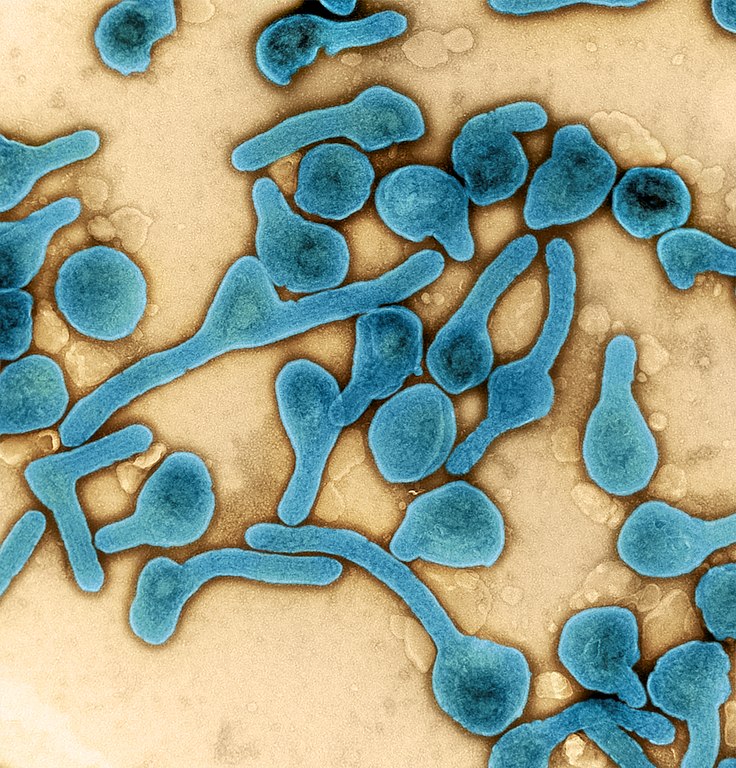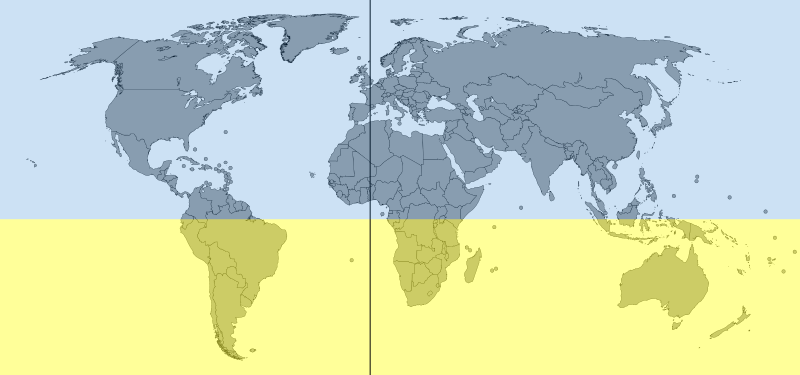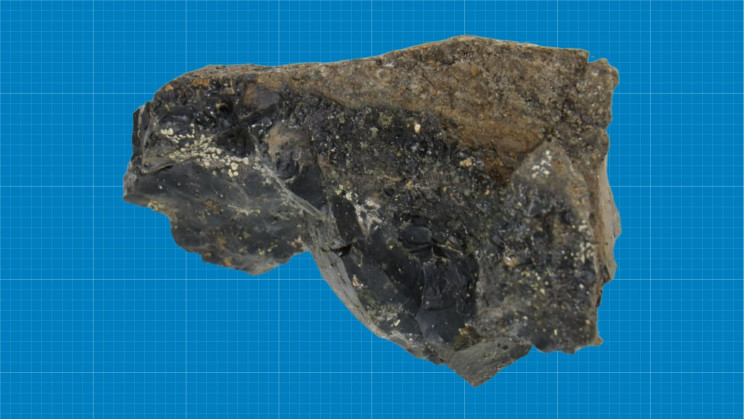The World Health Organization (WHO) has confirmed the outbreak of Marburg disease in Equatorial Guinea and neighboring Cameroon.
The health agency says that the Ebola-related virus is responsible for nine deaths and at least 16 suspected cases with symptoms including fever, fatigue, diarrhea, and vomiting.
What is Marburg disease?
Marburg virus disease is a highly virulent disease that causes severe haemorrhagic fever similar to Ebola with a fatality rate of up to 88 percent. Serious bleeding typically occurs a week into illness, with blood in vomit and diarrhea. Bleeding from the nose, gums, and vagina is also common.
It was first detected in 1967 when simultaneous outbreaks occurred among laboratory workers in the German cities of Marburg and Frankfurt and Belgrade, Serbia while conducting research.
Like Ebola, the Marburg virus originates in bats and spreads among humans when someone comes in direct contact with the bodily fluids of infected people, contaminated surfaces, and materials but it is not airborne.
The treatment!
Currently, there is no vaccine or treatment for Marburg disease. However, staying hydrated through drinking or receiving fluids intravenously improves survival.
Although there are no approved treatments to neutralize the virus, a range of immune therapies and vaccines are currently under development.







